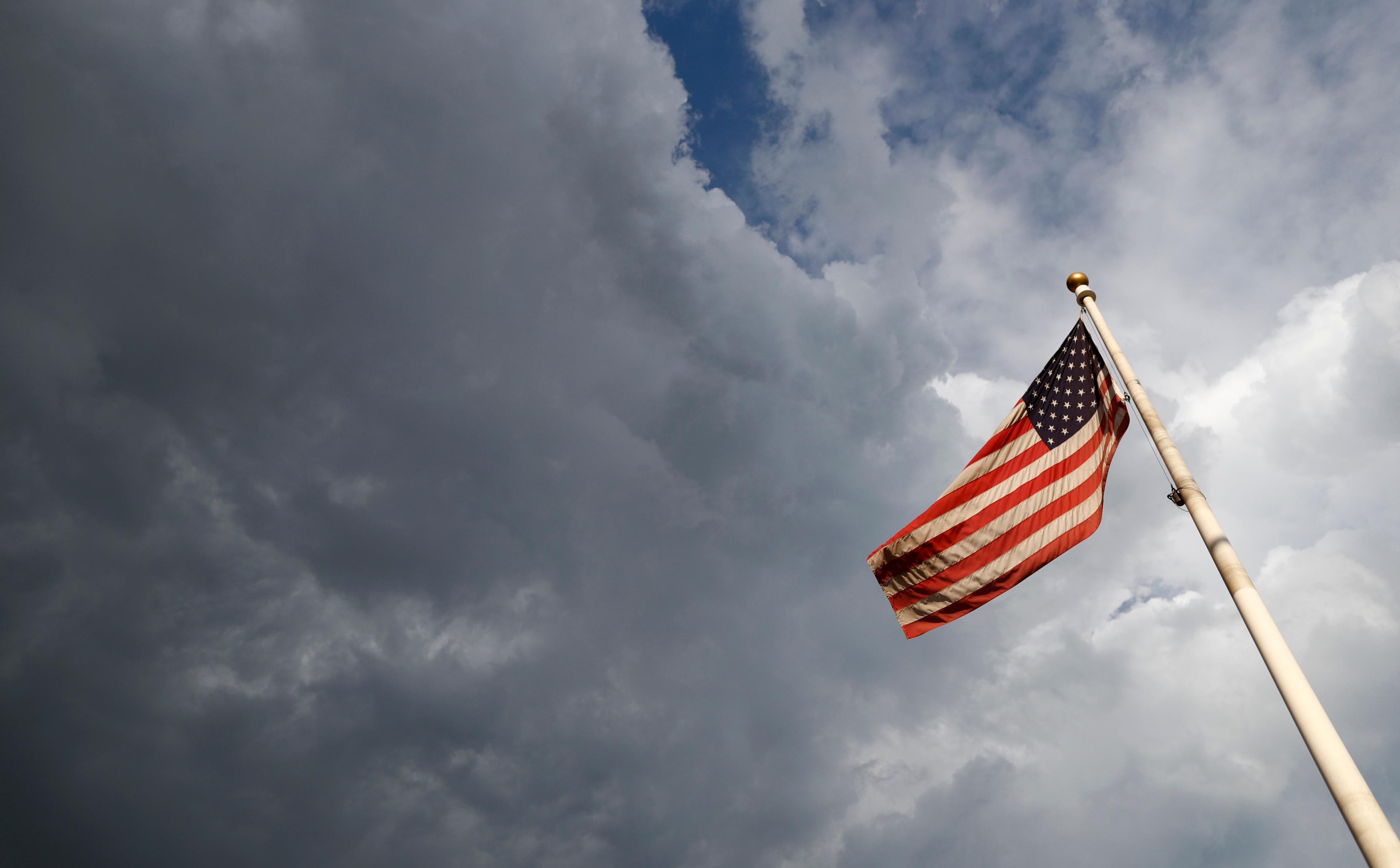

It’s tough to complain about August weather in Colorado. The month combines hot days with hints of the coming fall chill. Taken together, the average monthly average shakes out to 66 degrees Fahrenheit over the last few decades.
Last month, temperatures across most the state came in 1.4 degrees below that average, according to data from the National Oceanic and Atmospheric Administration.
“A lot of that was driven by the cloudiness we had and the widespread precipitation,” explained Becky Bolinger, a climatologist at the Colorado Climate Center. “Rather than having a warm day with a quick rain shower, it was often a cooler overcast day with more precipitation.”
At start of August, Colorado shifted from a hot, dry July into cooler and wetter weather. Those patterns stuck around for most the month, then shut off. The last part of August saw some higher temperatures, but not enough to offset the early cool down.
Last month was cooler than average for most of Colorado. And across the state, we broke 94 daily records for coldest high temperature. #cowx pic.twitter.com/OYN97X38TR
Over the course of the month, Bolinger notes that 94 stations broke daily records for the coldest high temperature. Some of the records were set in the high country, but most occurred along the Front Range between Fort Collins and Trinidad. Southeastern Colorado had far fewer record-setting days, even though temperatures there stayed consistently below normal.
Other parts of the West have seen their hottest summers on record. Blistering heat waves slammed the Pacific Northwest and California this summer. Those high temperatures and dry conditions have fueled wildfires and shrouded much of the country with haze, including Colorado. Scientists say climate change made conditions for the fires more likely.
Bollinger wants to be clear: Colorado’s cool August does not run against climate change theories. It’s a small data point amid much larger trends toward warmer temperatures. In fact, that’s why she noticed the August cool down.
“We have gotten used to seeing warmer-than-average months, so when we you see cooler-than-average months, it seems more remarkable,” she said.
Read More: Climate Scientists Lay Out The Data: Earth Is Getting Hotter









